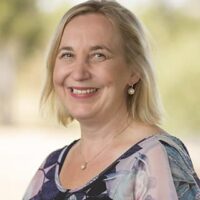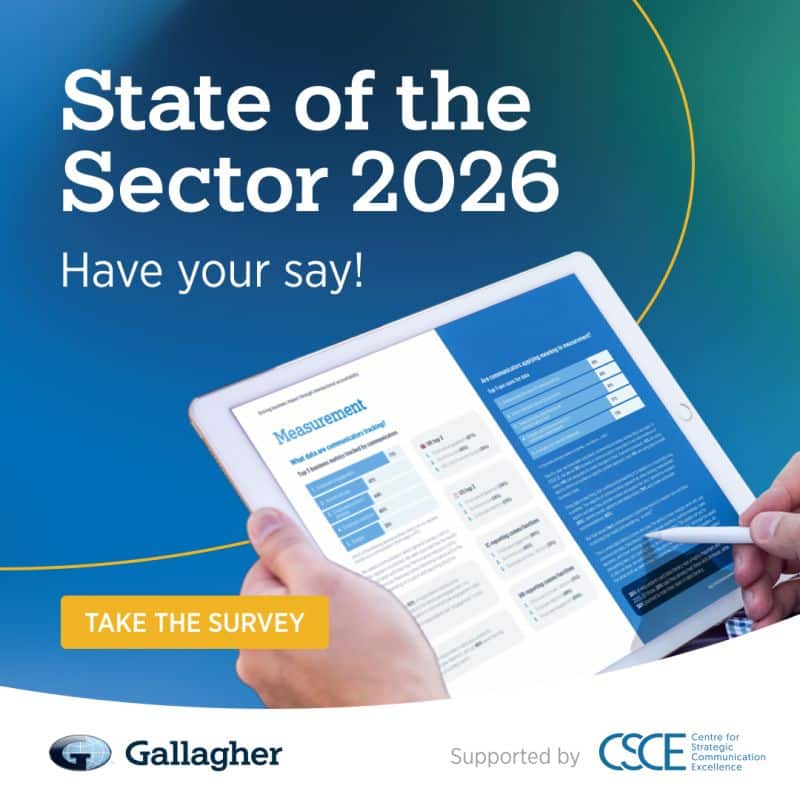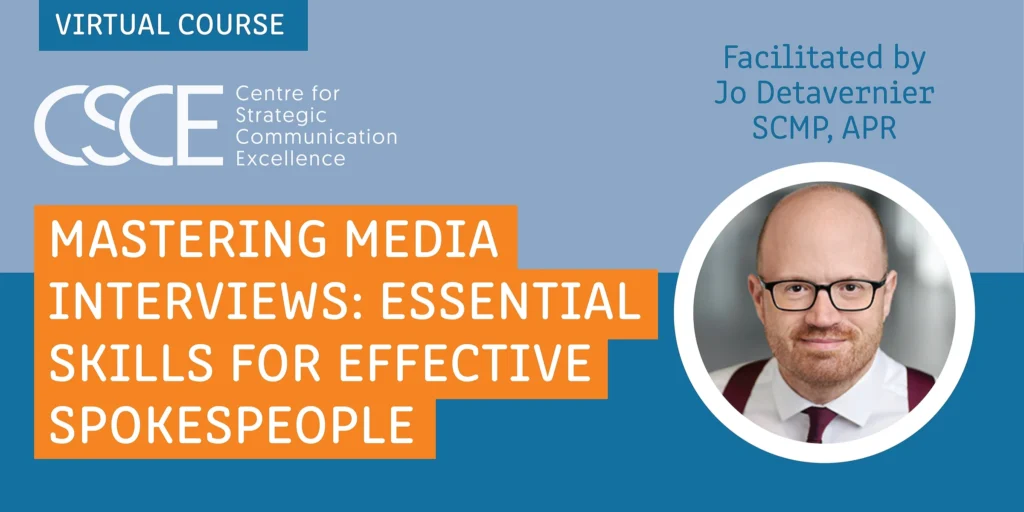It’s no great secret that women dominate the communication profession; we’ve seen some evidence of this through our So how do you really feel? survey where 79% of almost 800 respondents are female.
We know that gender inequality exists around the world and it’s a complex issue which is partly based on known and unknown bias, stereotypes and discrimination. At the Centre for Strategic Communication Excellence we’re all about working for the greater good of society and fundamentally believe in a gender equal world.
We know that actions speak louder than words, however, words have enormous power especially when there is passion and lived experience behind them. So, we’re getting behind the #BreakTheBias campaign which is the theme for this year’s International Women’s Day. Our Faculty has come together to share their stories and why they believe in a gender equal world.
Here’s what they have to say:

Jane Mitchell FRSA, London, UK
In my early career, I was working at BBC Television in London. The first leader I worked for was a woman, the third leader I worked for was a woman and I was surrounded by incredibly brilliant women at every level on the production teams that I worked in. Those leaders spurred me on to be the best that I could be. They could not have been more encouraging or supportive, and because I was a precocious 19-year-old I took to heart their advice. I hadn’t reckoned with a particular group of other women, not leaders, but BBC lifers, who actively stood in my way of progressing. It was a real shock to me and it wasn’t until many years later that I could make any sense of that collective bullying from those females. But when I look back my leaders were the naturally interdependent courageous ones who themselves had fought for their positions in an entirely male-dominated world. For the others I had threatened their sense of comfort I think, and the only way to deal with that insecurity was to lash out at me on the basis that to fight the system was just too hard. It was a sign of the times and a horribly toxic corporate culture.
That example (and a raft of others) ultimately made me fixate on finding ways to help organisations become communities of belonging. I believe that sense of disconnect is now indiscriminate and if where you’re working is a great place to be then it’s likely that great leaders, regardless of gender, are at the heart of it.
Time and again over centuries leaders have come unstuck by either a dogged resistance to advances in technology or by an almost childlike need to be the first to have the shiniest new toy without first understanding whether it’s the right toy for them. The CSCE survey corroborates that. One of the biggest concerns of communication professionals is that ‘management’ does not care too much about how long it might take to get to the grips with the potential of AI, but rather that they should be ‘just be doing it, and now’.
A significant 90 percent of people in the survey have spotted this and as you would expect from world-class communication professionals, they believe that it will be crucial to develop an AI strategy for their organisations. And of course, they’re right. Whether their leaders want to be first off the starting blocks or even if they have no intention of joining the AI party until they are forced to, a well-articulated, objective and focused strategy will at the very least get attention. At best, it will get leaders to sit up and think about AI differently and it will better prepare them for the new world that will unquestionably have an impact on them and the organization they lead. This is where communication professionals with their skills can trigger a quiet revolution. After all, as Helen Keller once said, “Life is either a daring adventure or nothing at all”.
I wrote two Haikus for International Women’s Day – based on my lived experience.
At the board meeting, 1980
Fetch coffee, take notes.
Smile. Be quiet. Look down. Nod.
At the Board meeting.
At the board meeting, 2022
Set the agenda.
Plan. Inspire. Lead. Sway. Impress.
Own the Board meeting.
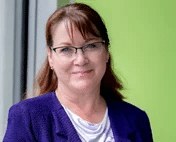
Sue Heuman ABC, MC, IABC Fellow
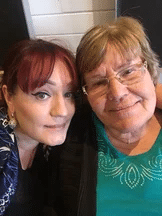
Sia Papageorgiou FRSA, SCMP
My mother was orphaned when she was two years old. Growing up in a village in Greece she was pitied and told that she’d never amount to much because she was a girl, and she had no parents to guide her through life. But she was determined to prove them wrong.
My mother left her birthplace at 21, spent 30 days on a ship alone to come to a country she knew nothing about, for a better life. She learnt to speak English, put herself through college, got a good job at VicRoads, married my beautiful father, and raised three daughters. Ask her and she’ll tell you her life has flourished. She has had an undeniable impact on my life and has taught me many things including the true meaning of courage and tenacity and to always: “Dip your tongue in your brain before you speak”.
Today and every day I salute the incredible women in my life – my mother, sisters, friends, aunts, cousins, goddaughters, nieces, peers, and colleagues and the amazing men who lift us up. You inspire me every day and I will continue to forge positive visibility of women – because as the saying goes: “When women support each other, incredible things happen.”
After about four decades in the world of work I asked myself, “Did things really change?” When I read the posts and articles about bias in the workplace I wonder. But then again if I think back in my forty odd years in the workplace, I realise that many things did change, and previous generations of women and men fought hard and often paid the career-price for it.
The work environment today is significantly different from four decades ago. Employees in general have more rights and have more choices. Several studies found that there are less females in board rooms because they have a choice to be there or not, and often they rather start their own companies than play the corporate game. This is the reason why there are more women-owned start-ups.
In 1983 Betty Lee-Harrigan wrote Games mother never taught me. These “games” are as valid today as they were then, there are just a more diverse group of people in “the other team”.
The people that know me might find it strange, but I was a serious activist for female rights in the workplace. I wrote about it, I spoke about it, I lead petitions about it. Those were the days. So I want to say to the new generation of activists – you are not the first to act against inequality and you will not be the last. But do what is necessary to do. – now. We did what we could, just like the females and males before us.
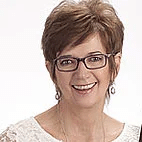
Amanda Hamilton-Attwell PhD, ABC, CRPR, IABC Fellow
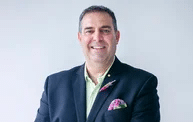
Adrian Cropley OAM, FRSA, IABC Fellow, SCMP
From all of us at the Centre for Strategic Communication Excellence on this International Women’s Day 2022, we stand united with the women of Ukraine for their amazing courage and strength in the devastating war inflicted upon them and their country. It is in these times that women make difficult choices, to leave their homes and step into the unknown to protect their families and stay strong through the trauma that now surrounds them.
Resilience and courage are what defines women around the world and the value of love is their strength. In every aspect of our world from family, business to political power we need more than ever to look to women to take the lead and to men to get out of the way and let them. Let this year’s IWD be one of change for a positive future.
Let’s join together, share our stories to advocate for a gender equal work and #BreakTheBias.



